1. Seattle, Washington
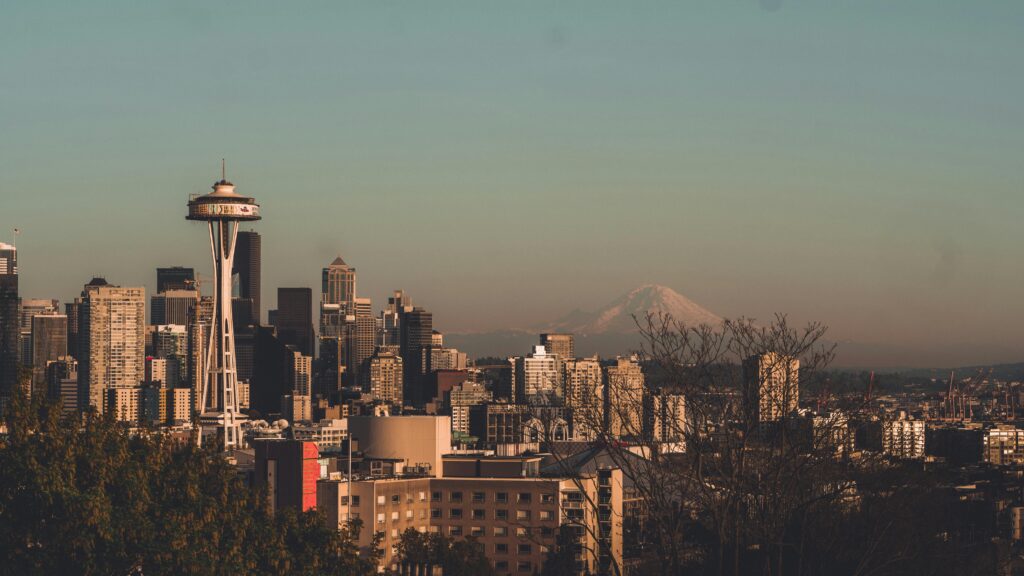
Seattle has established itself as a hub for retail innovation, hosting flagship stores and groundbreaking pilot projects that are shaping the future of shopping experiences. According to Retail Dive, Amazon Go debuted its checkout-free technology in this tech-savvy city, revolutionizing the concept of frictionless shopping. The city’s unique blend of tech-forward consumers and innovative businesses creates an ideal environment for testing cutting-edge retail concepts.
Seattle’s reputation as a technology hub attracts a diverse range of consumers who are eager to embrace new shopping experiences, making it a prime location for retailers to gauge the success of their most innovative ideas. The presence of major tech companies and a thriving startup ecosystem further enhances Seattle’s appeal as a testing ground for retail innovations. Retailers benefit from the city’s highly educated workforce and its culture of early adoption, which provides valuable feedback on new technologies and shopping concepts. Seattle’s commitment to sustainability and environmental consciousness also makes it an excellent location for testing eco-friendly retail initiatives and green technologies in store designs.
2. Austin, Texas
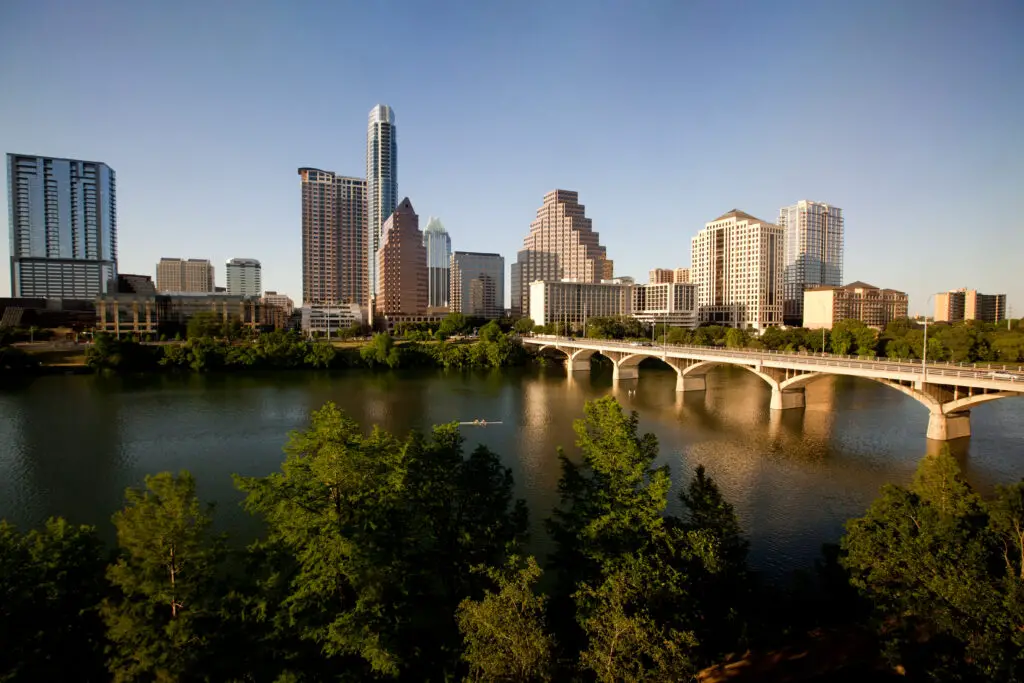
Austin, Texas, has emerged as a favorite testing ground for retailers, thanks to its vibrant and diverse population that embraces innovation and progressive ideas. According to Whole Foods Market, the company, headquartered in Austin, frequently experiments with eco-friendly packaging solutions and unique store layouts in this market. The city’s progressive atmosphere encourages retailers to push boundaries and try unconventional approaches to merchandising and customer engagement.
Austin’s reputation as a hub for creativity and technology attracts a young, educated demographic that is open to new retail experiences and sustainable practices. The city’s rapid growth and changing demographics provide retailers with valuable insights into evolving consumer preferences and behaviors. Austin’s strong local business culture and support for entrepreneurship create a fertile ground for testing innovative retail concepts and collaborations. The presence of major events like South by Southwest (SXSW) offers retailers unique opportunities to showcase their latest innovations to a global audience. Additionally, Austin’s commitment to sustainability aligns well with retailers looking to test environmentally friendly initiatives and products.
3. San Francisco, California
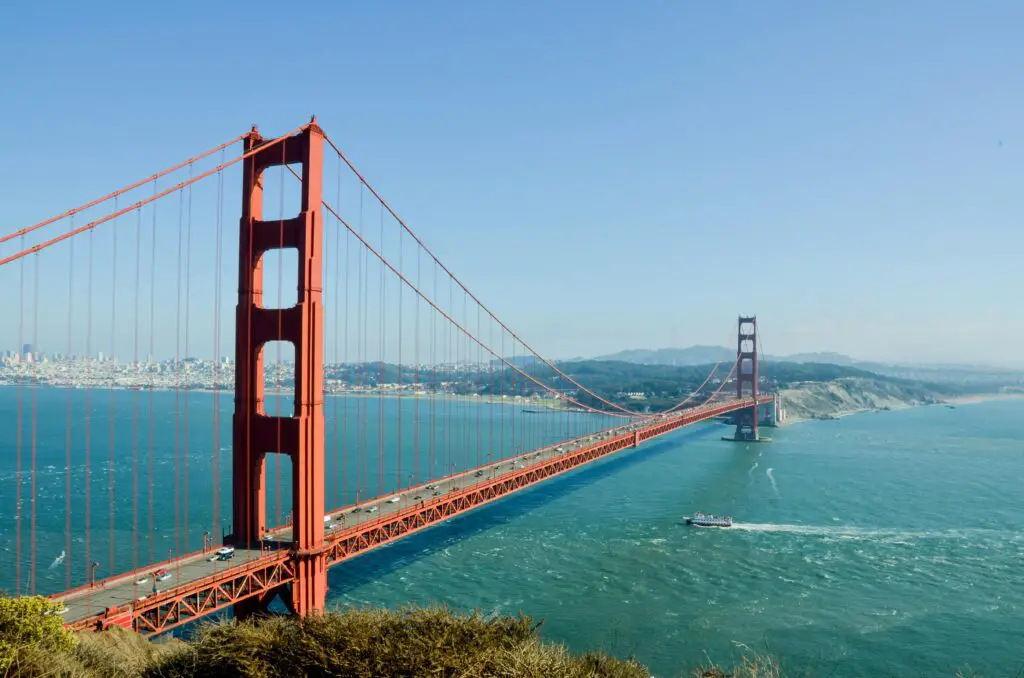
Retailers flock to San Francisco to gauge the reactions of tech enthusiasts and trendsetters, making it a prime location for testing innovative retail concepts. According to Forbes, companies like Levi’s have used the city to test digital integrations and new product lines, leveraging the tech-savvy population to refine their offerings. San Francisco’s unique mix of affluence and innovation creates an environment where high-end retail experiences and cutting-edge technologies can coexist and thrive. The city’s diverse neighborhoods offer retailers the opportunity to test concepts across various demographic segments, from luxury shoppers in Union Square to eco-conscious consumers in the Mission District.
San Francisco’s strong focus on sustainability and ethical consumption makes it an ideal location for testing environmentally friendly products and practices. The presence of major tech companies and a thriving startup ecosystem provides retailers with access to potential partnerships and emerging technologies. The city’s reputation as a cultural trendsetter allows retailers to gain early insights into consumer trends that may later spread to other markets. Additionally, San Francisco’s high concentration of early adopters makes it an excellent place to test and refine new retail technologies before wider rollouts.
4. New York City, New York
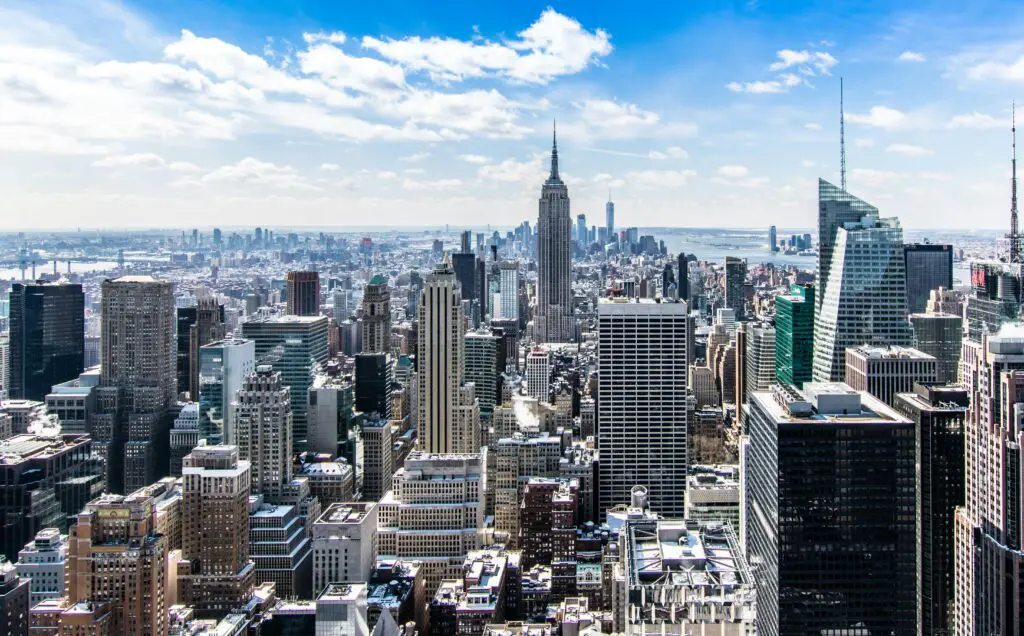
The Big Apple is a globally renowned retail hub, offering unparalleled opportunities for brands to trial innovative store concepts. Retailers like Nordstrom and Target have introduced experimental small-format stores in the city, using its vibrant streets as a testing ground for new ideas. The city’s immense foot traffic and cultural diversity provide an unmatched platform for consumer feedback across a wide demographic range. Pop-up shops and flagship designs are also common, offering brands the chance to create immersive experiences that resonate with shoppers.
For example, according to Forbes, the city is a hotspot for brands exploring cutting-edge trends in retail technology and experiential shopping. Its position as a fashion and retail capital attracts a steady stream of local and international customers, ensuring a dynamic consumer base. The dense urban environment allows for hyper-localized testing, helping companies fine-tune their strategies for metropolitan audiences. New York City remains a cornerstone of retail innovation, setting benchmarks for the industry worldwide.
5. Chicago, Illinois
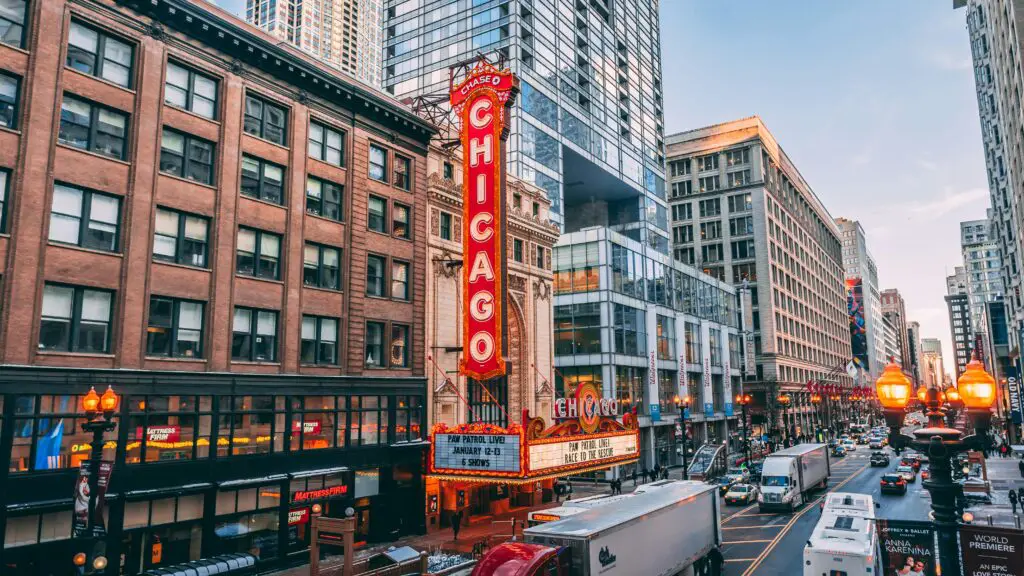
Chicago is an ideal city for testing innovative retail strategies due to its balanced demographic mix. Retail giants such as Walmart and Target have utilized the city to trial urban-focused store formats that cater to both inner-city and suburban shoppers. The city’s blend of diverse cultural backgrounds and economic strata provides valuable insights into consumer behavior. According to Retail Dive, Chicago’s retail landscape has been instrumental in shaping store layouts that prioritize accessibility and convenience.
Its extensive public transit network also makes it easier for retailers to analyze foot traffic and purchasing habits in various neighborhoods. The city’s thriving downtown and surrounding areas offer a mix of affluent professionals and family-oriented shoppers, ensuring broad appeal for new concepts. Chicago’s strong economy and cultural significance make it a leading destination for retail experimentation. Whether testing in-store technology or new product displays, the Windy City is a fertile ground for innovation.
6. Portland, Oregon
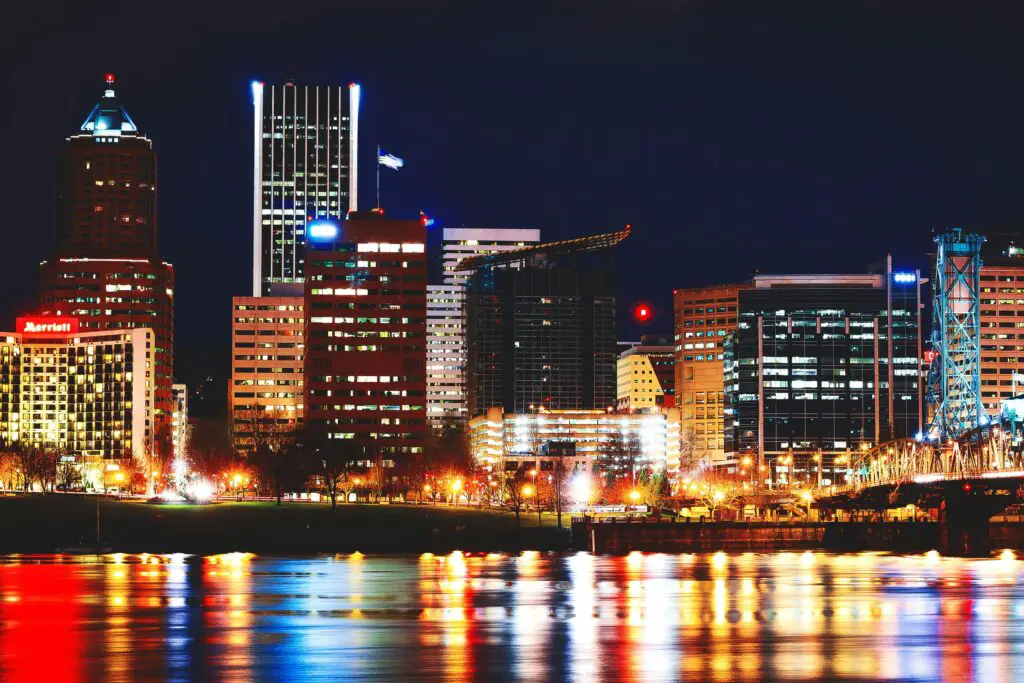
Portland stands out as a hub for eco-conscious and forward-thinking consumers, making it an excellent testing ground for new retail concepts. Companies like Nike, which is headquartered nearby, frequently use Portland as a launch pad for product innovations and experiential retail experiences. The city’s unique culture, characterized by its embrace of sustainability and creativity, fosters an environment that encourages bold experimentation. As noted by the Portland Business Journal, Portland is a leader in showcasing green retail practices, attracting brands focused on sustainability. Its vibrant local economy and high levels of community engagement further enhance its appeal for retailers.
Portland’s trend-savvy residents are eager to adopt and provide feedback on new ideas, from environmentally friendly products to unique store designs. The city’s pedestrian-friendly neighborhoods and thriving local markets offer brands numerous opportunities to connect with target audiences. Portland’s status as a trendsetter ensures its influence on broader retail strategies.
7. Miami, Florida
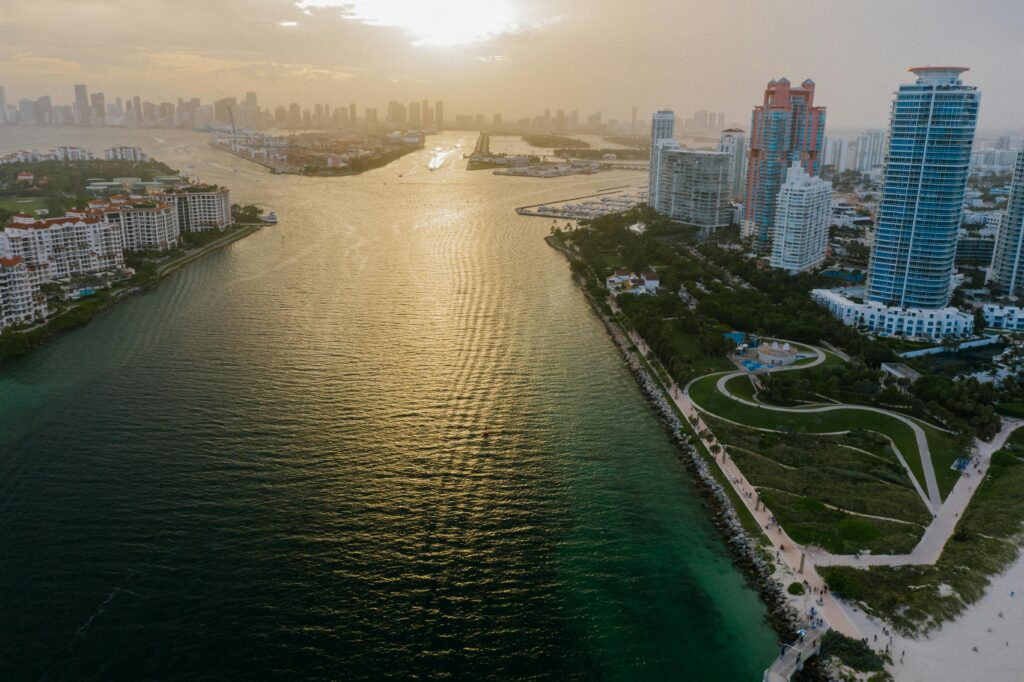
Miami’s international character and luxury-focused market make it a prime location for testing globally inspired retail designs. High-end retailers regularly experiment with luxury concepts in this affluent and diverse city. According to The Miami Herald, Miami’s year-round tourism industry contributes to a steady influx of shoppers, providing continuous foot traffic for new store formats. The city’s vibrant art and fashion scenes complement its retail landscape, making it an attractive market for experiential shopping.
Retailers use Miami as a canvas to trial cutting-edge store designs that cater to an upscale clientele. The city’s strong economic growth and multicultural consumer base ensure valuable feedback on innovative concepts. Additionally, Miami’s popularity among tourists means that brands gain exposure to a global audience, amplifying their reach. From luxury malls to boutique shops, Miami’s retail landscape is synonymous with innovation and style.
8. Atlanta, Georgia
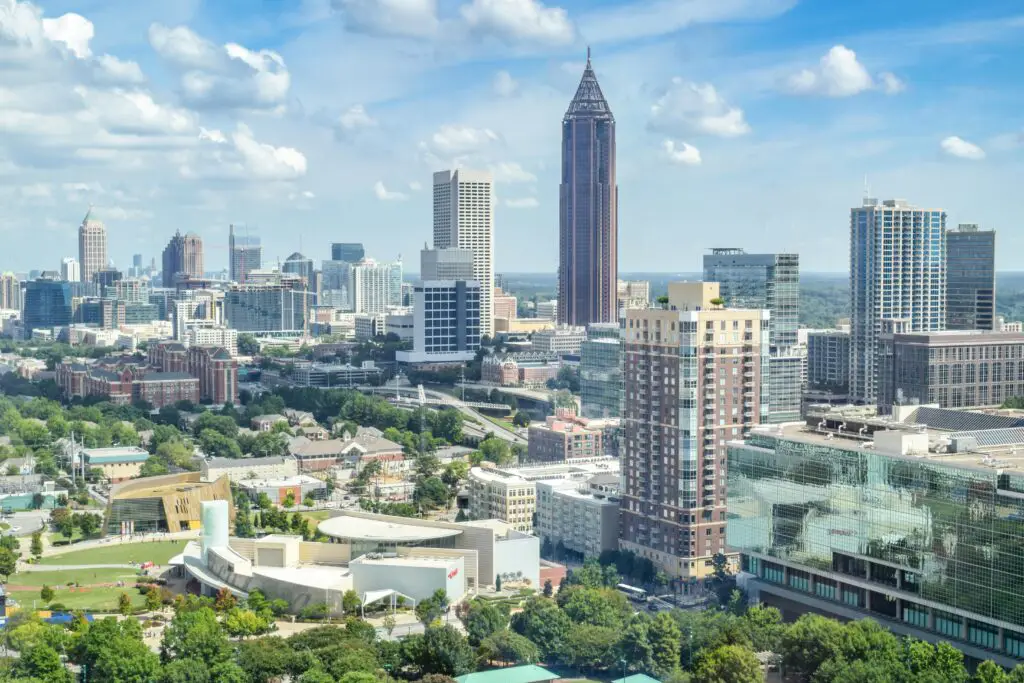
Atlanta serves as a thriving economic hub in the South, offering retailers a diverse consumer base for experimentation. The city’s mix of urban professionals, suburban families, and college students ensures broad market representation. As reported by the Atlanta Business Chronicle, Atlanta is frequently chosen for trials of unique product displays and enhanced customer service technologies. Its strong economy, driven by a growing tech sector, attracts innovative brands seeking to test cutting-edge retail concepts.
Atlanta’s blend of historic charm and modernity creates a dynamic shopping environment, appealing to a wide range of consumers. The city’s accessibility and position as a transportation hub also make it a strategic choice for retailers. Companies value Atlanta’s ability to provide actionable insights that can inform regional and national strategies. From flagship stores to suburban retail centers, Atlanta plays a pivotal role in shaping modern retail.
9. Denver, Colorado
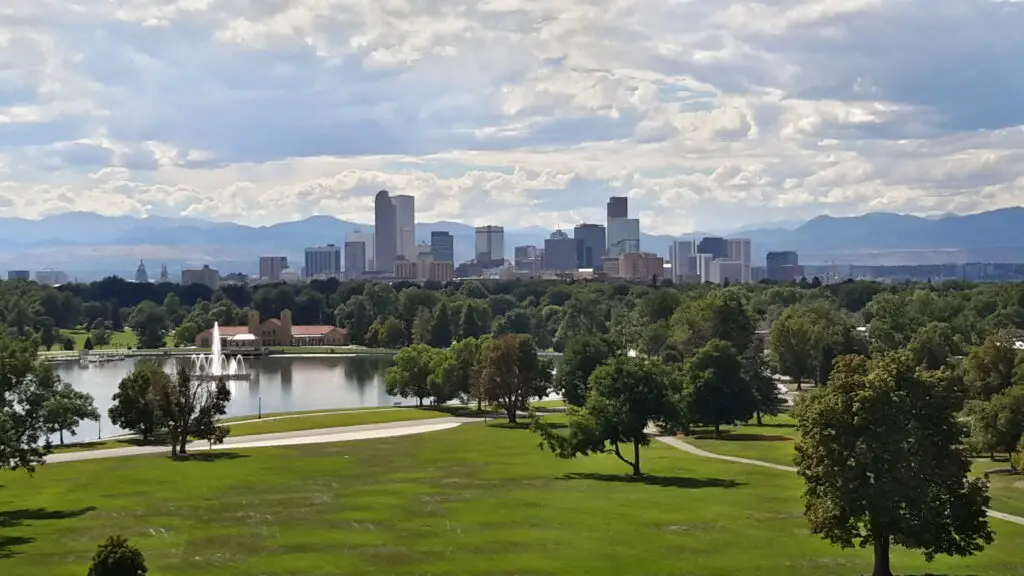
Denver’s vibrant culture and eco-conscious ethos make it a natural choice for retailers testing sustainable and outdoor-focused products. With its proximity to the Rocky Mountains, Denver attracts a mix of urban dwellers and outdoor enthusiasts, creating a unique consumer demographic. Brands like REI and Patagonia have used Denver as a launchpad for innovative retail concepts, including experiential stores and environmentally friendly product lines.
According to Outdoor Industry Association, Denver’s active lifestyle and focus on sustainability resonate with consumers looking for ethical and practical options. The city’s rapidly growing population, fueled by an influx of young professionals, further strengthens its appeal as a testing ground. Retailers also benefit from Denver’s strong economy, which supports higher discretionary spending on premium products. The city’s mix of walkable neighborhoods and bustling downtown areas provides ample opportunities for foot traffic analysis. Denver’s role as a leader in sustainable retail continues to influence trends across the industry.
10. Los Angeles, California
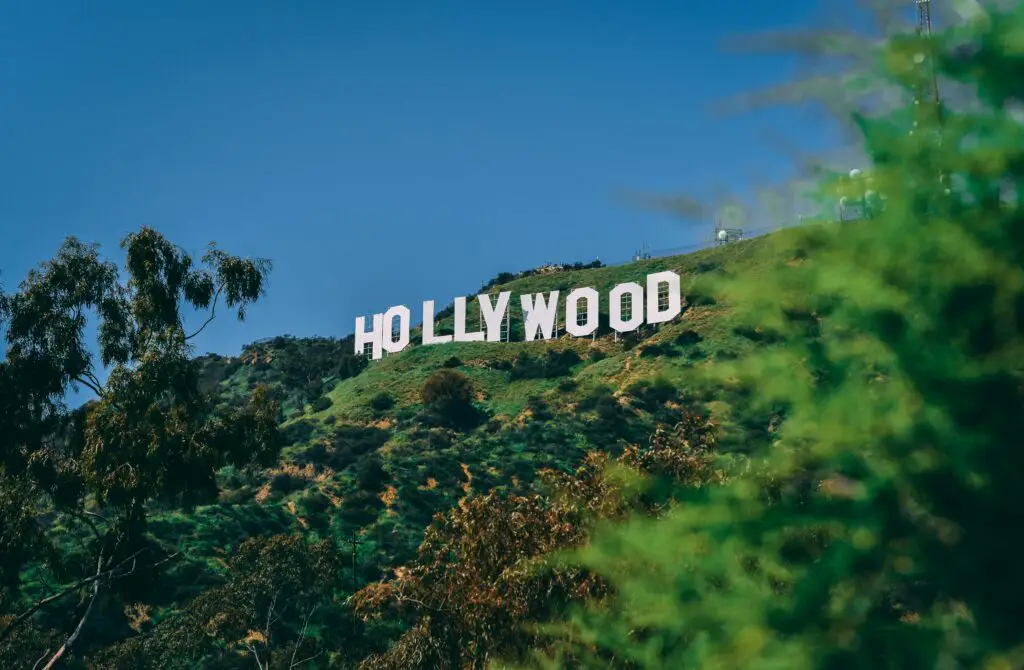
Los Angeles is synonymous with trendsetting and innovation, making it a prime location for piloting bold and fashion-forward retail concepts. With its reputation as a global hub for entertainment and culture, LA attracts retailers eager to test experiential shopping experiences. Stores like Forever 21 and Sephora have experimented with immersive features such as augmented reality and pop-up installations in the city.
As highlighted by The Los Angeles Times, LA’s diverse neighborhoods provide opportunities for hyper-localized marketing strategies tailored to specific demographics. Its blend of affluent shoppers, creative professionals, and young trendsetters ensures varied consumer feedback. The city’s year-round appeal and vibrant tourism industry also drive significant foot traffic, enhancing the visibility of new retail ideas. From luxury shopping districts like Rodeo Drive to eclectic markets, LA offers a rich testing environment. Retailers leverage the city’s dynamic atmosphere to refine strategies before expanding nationwide.
11. Boston, Massachusetts
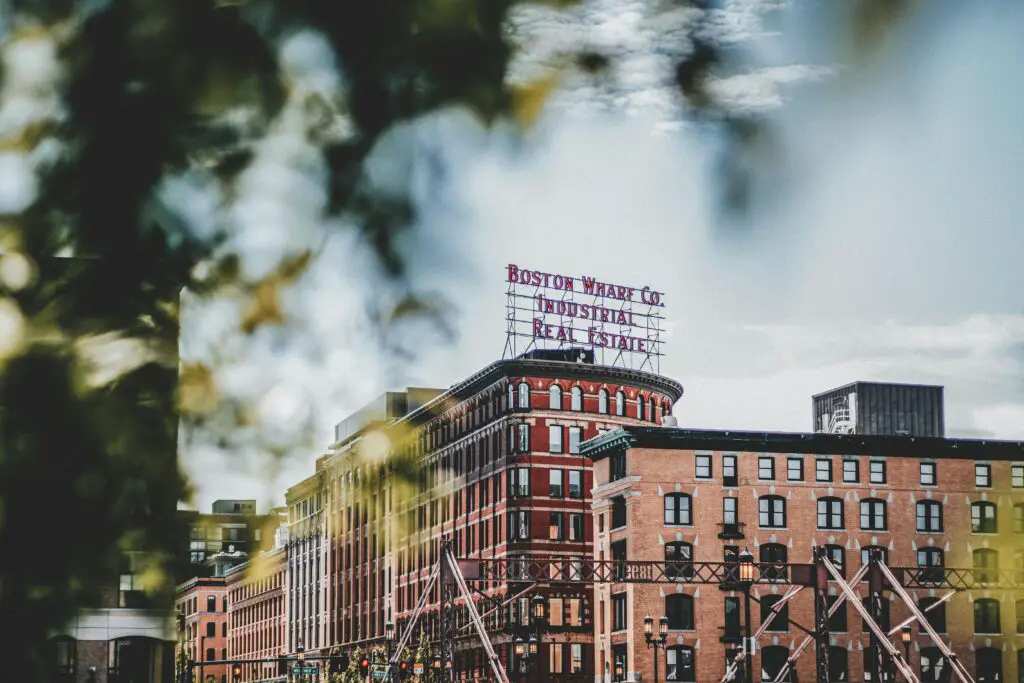
Boston’s well-educated and tech-savvy population makes it an attractive market for testing high-tech retail innovations. Leading brands like Apple and Amazon have used the city to debut cutting-edge store concepts and interactive features, appealing to its mix of students, professionals, and families. According to The Boston Globe, Boston’s dense urban environment and walkable neighborhoods provide an ideal setting for analyzing consumer behavior.
The city’s strong emphasis on education and technology aligns with the needs of retailers introducing advanced products and services. Additionally, Boston’s thriving economy supports robust discretionary spending, making it a lucrative testing ground for premium offerings. Retailers also benefit from the city’s proximity to leading research institutions, enabling collaborations on innovative projects. From flagship stores to pop-ups, Boston consistently sets the stage for retail innovation. Its role as a leader in high-tech shopping ensures that the city remains at the forefront of industry advancements.
12. Las Vegas, Nevada
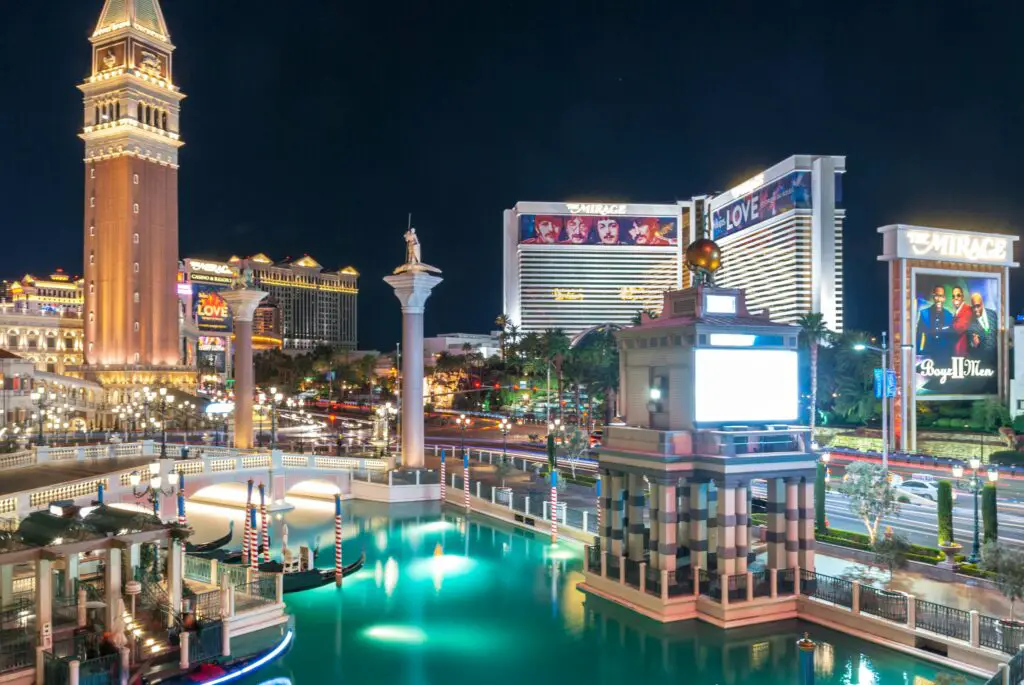
Las Vegas offers retailers a vibrant and high-visibility testing ground for bold, experiential concepts. The city’s bustling tourist industry, anchored by the famous Strip, ensures a steady stream of diverse and global visitors. Retailers often use Las Vegas to showcase over-the-top store designs and immersive shopping experiences, drawing inspiration from the city’s entertainment-focused culture. As noted by CNBC, the city’s retail sector thrives on innovation, with brands using its unique environment to experiment with extravagant concepts.
Las Vegas provides immediate feedback from shoppers worldwide, helping retailers gauge the global appeal of their ideas. The city’s luxury malls and themed shopping centers serve as ideal venues for introducing exclusive product launches and premium services. Beyond the Strip, Las Vegas’s growing local population adds a layer of everyday consumer insight. Retailers capitalize on the city’s dynamic atmosphere to create unforgettable experiences that set them apart.
13. Charlotte, North Carolina
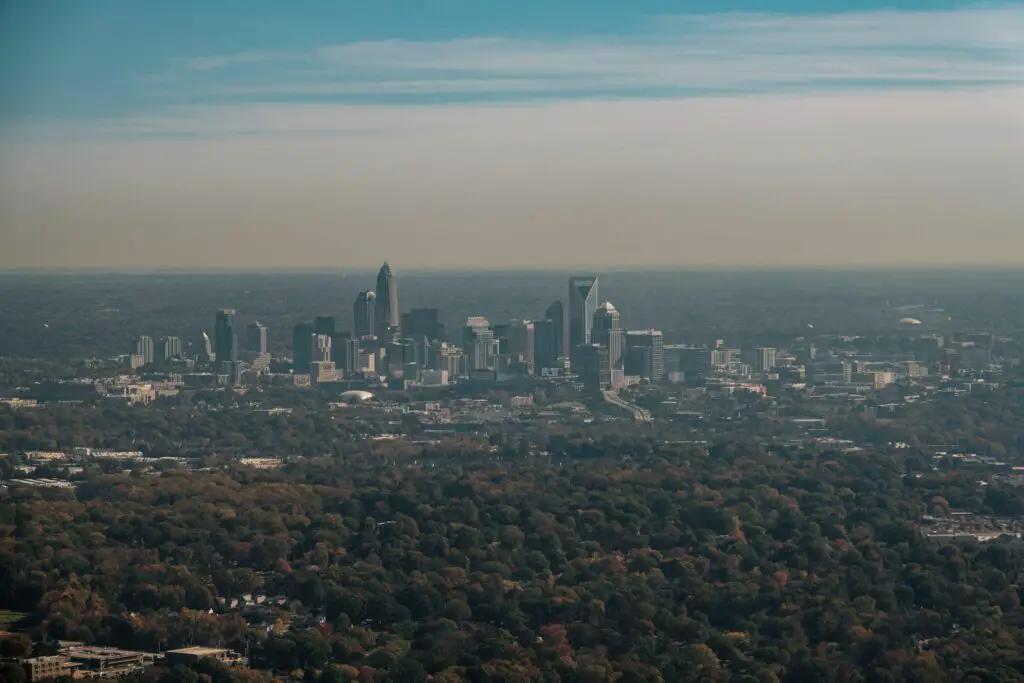
Charlotte has emerged as a retail hotspot, thanks to its rapidly growing economy and balanced suburban-urban demographic. Home improvement giant Lowe’s, headquartered nearby, frequently tests innovative store layouts and smart home technologies in the city. According to The Charlotte Observer, Charlotte’s family-oriented market provides a unique perspective on retail trends, particularly in home and lifestyle products. The city’s steady population growth and rising disposable incomes make it a valuable testing ground for retailers.
Charlotte also offers access to a diverse consumer base, including young professionals, suburban families, and retirees, ensuring well-rounded feedback. Its strong business infrastructure and status as a financial hub enhance its appeal for retail experimentation. Retailers are drawn to Charlotte’s blend of modern amenities and Southern charm, which creates an inviting shopping environment. The city continues to play a pivotal role in shaping consumer-focused innovations for national markets.
14. Phoenix, Arizona
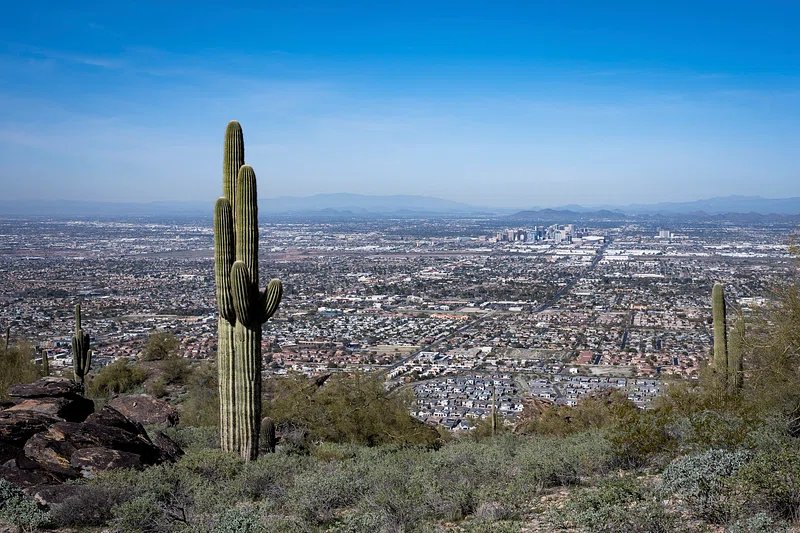
Phoenix’s rapid growth, affordability, and warm climate make it an ideal testing ground for retailers targeting expanding markets. Retail giants like Walmart and Home Depot have used the city to trial innovative store designs tailored to its unique environment, such as heat-resistant outdoor concepts. As highlighted by AZCentral, Phoenix’s steady population increase supports a growing customer base eager to explore new shopping experiences. The city’s diverse demographic, including young families, retirees, and professionals, provides valuable insights into varied consumer preferences.
Retailers also benefit from Phoenix’s affordability, which enables them to experiment with cost-effective store models and layouts. The city’s suburban sprawl offers opportunities to test neighborhood-specific concepts, while its urban core supports foot traffic analysis. Phoenix’s strong economy and thriving real estate market make it a lucrative destination for retail innovation. Its role as a dynamic and adaptable city ensures its continued importance in shaping future retail trends.
